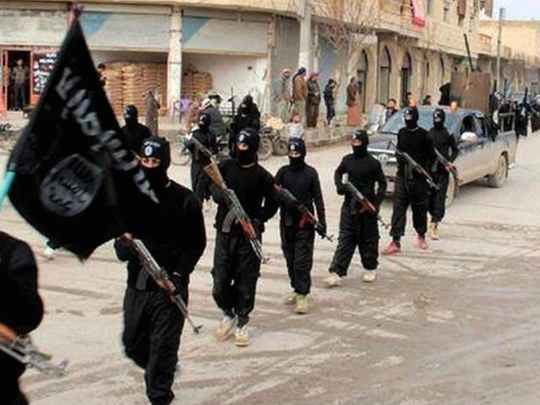
Within the spectre of painful events and serious threats to peace in every part of the world, could there be some space in 2018 for peace to unfold? Or is too much to ask?
Starting with the Middle East, what is taking place in Mosul, a city liberated from the obscurantist hordes of Daesh (the self-proclaimed Islamic State of Iraq and the Levant) psychopaths, is one of those positive signals. There, several Muslim organisations are helping Christian residents build their houses all over again. ‘Nineweh Peace’, ‘Mosul Peace’, ‘Human Rights United Organisation’ and countless others are devoting their time and resources to restore vandalised churches, comforting the population and providing a surveillance that allows people to live in peace and security. Signs such as these bring hope for the world in times when large parts of the globe seem to be engulfed in an orgy of violence.
We’d wish there were more signals of that kind. Unfortunately, one has to admit that the list falls short. Hatred, negativity and stupidity have taken over large parts of the world. There are no glad tidings from the East while the West remains confused as we look towards the future.
Last December, the declaration by United States President Donald Trump that occupied Jerusalem will is the capital of Israel revealed the true face of America, since the newly-enforced law had actually been passed long time ago in the US Congress. Trump doesn’t only block a peace process by deciding unilaterally what the result of a negotiation could be; but he simply makes it impossible for the US to remain an “honest broker” in trying and resolving a conflict that has become a genetic code of the world’s biggest flash point. And the worst part is probably not that one small country such as Guatemala openly supports the US decision — everyone knows the country’s financial difficulties. It is that the US and Israel take so much pride in such a pathetic support.
The list of sad events running for months does not unfortunately stop there. Look at the number of harmless civilian populations hit by bombs that exploded in crowded markets last year; blind mass air-bombing of hospitals and schools, killing children and women alike (in the name of foolish ideologies or short-sighted strategies) and more pernicious because everybody has got accustomed to it, continued violence perpetrated on the Palestinian population due to the occupation of its land by a foreign army.
The military defeat of Daesh in Iraq and Syria, which would have sounded good, is not even an element of comfort when one knows of so many terrorists and extremists who were able to escape and return to their respective countries of origin. There are more than 300 listed combatants just in France, who may now be preparing themselves for other terrorist acts. As many as 17 terrorist attacks were foiled in the last few months in France. Let us just hope that these extremists will be stopped in their tracks this year.
However, it is safe to assume that the world is not a safe place. We have seen the ascent of autocrats and dictators — let’s think of North Korea and other places in the world. The substitution of diplomatic skills by angry tweets or the dangers of prerequisites in diplomacy (setting preconditions for any dialogue) has only lead to making positions more rigid, as analyst Renaud Girard recently explained. Giving up a precondition may allow (in some cases) to reach at a peaceful agreement; while insisting on pre-conditions could only lead to delaying pragmatic solutions. To grasp one of the biggest harms of such ‘pre-conditions’ one need look no further than simply over our shoulders at the Syrian disaster.
But beyond the international scene, and more worryingly, the traditional ‘wisdom’ associated with humans seems to be disappearing. The proliferation of social networks, one effect of which is to make people feel ‘indignant’ about a situation and make them react first before they reason — or condemn before they verify — is fraught with harmful consequences.
In the midst of tense moments in the region, it appears that nobody wants war, and yet everyone seems to be getting ready for one! “If you want peace, prepare for war”, the Romans used to say. But if you really want peace, start avoiding what undoubtedly leads to war, one may also add.
Let’s be more attentive to what diplomats say than to irresponsible braggarts who are just looking for a ‘coup’. Let analysts and observers share visions that are enriched by the reflection of others. Let those writers who are brave enough to reflect unconventional ideas, express themselves freely.
Luc Debieuvre is a French essayist and a lecturer at Iris (Institut de Relations Internationales et Strategiques) and the ‘Faco’ Law University of Paris.








